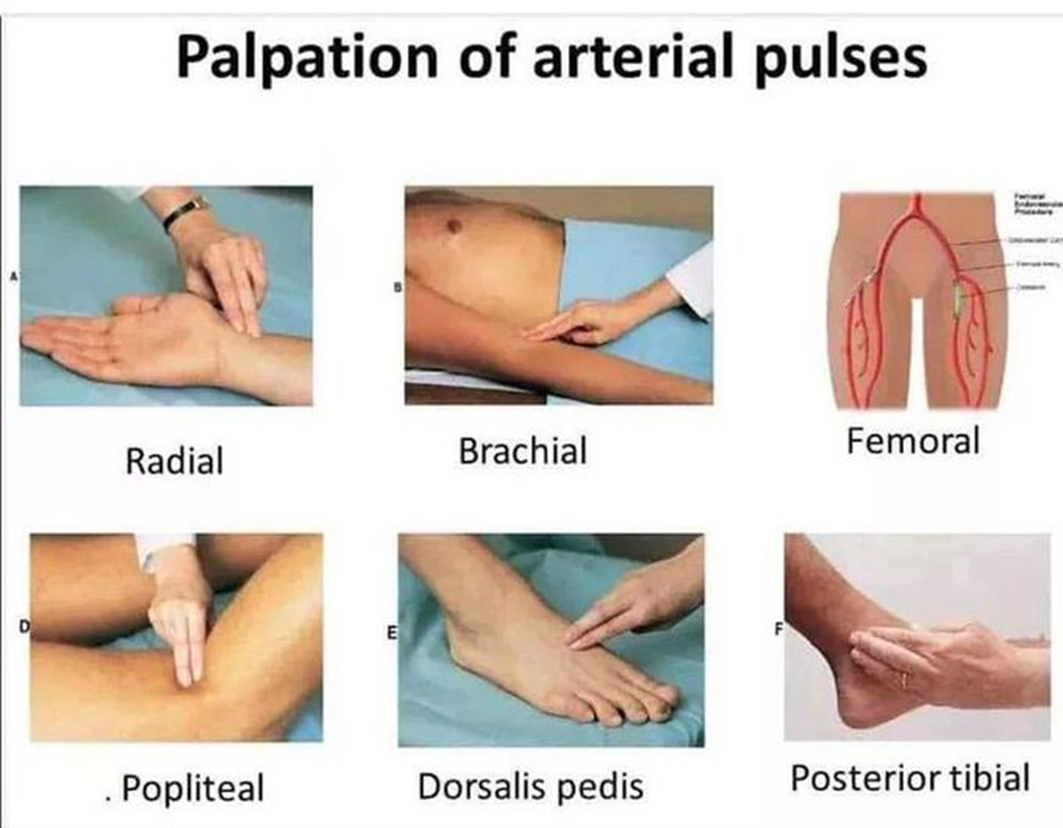A 22-year-old client is admitted to the hospital in diabetic ketoacidosis (DKA). The client's parent is insisting on knowing the laboratory test results. Which is the best response for the nurse to provide?
"The healthcare provider will share this information with you."
"I can only give medical information to your child because the client is an adult."
"I'm sorry, but your child's medical information is none of your business."
"I can give you those results as soon as I get them back from the lab."
The Correct Answer is B
Choice A reason: Deferring to the provider does not address the confidentiality issue; it suggests the nurse is unwilling rather than clarifying the legal obligation to protect an adult client’s health information.
Choice B reason: By stating that only the client can authorize release of their own medical data, the nurse accurately reflects HIPAA and patient‑privacy regulations for an adult. This response both informs the parent and upholds the client’s right to confidentiality.
Choice C reason: This response is inappropriate and unprofessional. It fails to acknowledge the parent's concern and does not provide a constructive way to address the situation.
Choice D reason: While this response may seem helpful, it is not the nurse's role to promise lab results, especially when there are privacy laws that restrict the sharing of medical information with anyone other than the patient unless consent has been given.
Nursing Test Bank
Naxlex Comprehensive Predictor Exams
Related Questions
Correct Answer is A
Explanation
Choice A reason: Asking for specifics about the night nurse's behavior could reinforce negative perceptions and does not address the client's current emotional state.
Choice B reason: Promising to talk to the night nurse may validate the client's split perception without verifying the facts.
Choice C reason: Expressing happiness for the client's improvement and discharge focuses on positive aspects and avoids engaging in potentially manipulative behavior.
Choice D reason: Acknowledging a preference for certain nurses can reinforce the client's splitting behavior, which is unhelpful in managing borderline personality disorder.
Correct Answer is ["B","D","E"]
Explanation
Choice A reason: Sloughing tissue around wound edges may require debridement but does not typically require immediate intervention unless there is a significant change in the wound's condition.
Choice B reason: Loss of sensation could indicate nerve damage or developing compartment syndrome, which is a medical emergency requiring immediate intervention to prevent permanent damage.
Choice C reason: Weeping serosanguineous fluid is expected in burn wounds and does not necessarily require immediate intervention unless there is a significant increase in output or other signs of infection.
Choice D reason: Increased pain and pressure are signs of potential compartment syndrome or infection, both of which require prompt assessment and possible intervention.
Choice E reason: A change in the quality of peripheral pulses may indicate vascular compromise, which requires immediate intervention to restore circulation and prevent tissue death.

Whether you are a student looking to ace your exams or a practicing nurse seeking to enhance your expertise , our nursing education contents will empower you with the confidence and competence to make a difference in the lives of patients and become a respected leader in the healthcare field.
Visit Naxlex, invest in your future and unlock endless possibilities with our unparalleled nursing education contents today
Report Wrong Answer on the Current Question
Do you disagree with the answer? If yes, what is your expected answer? Explain.
Kindly be descriptive with the issue you are facing.
